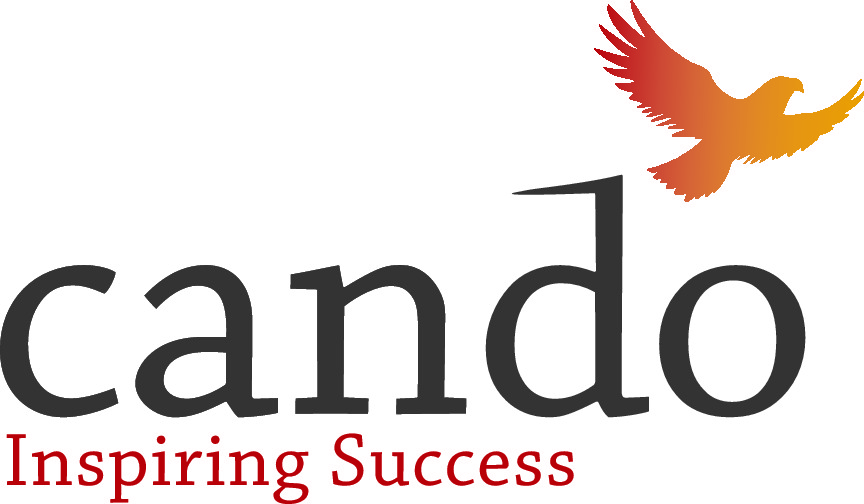The Driver Education and Licensing Project at Sipekne’katik First Nation
DOI:
https://doi.org/10.54056/TILF5708Keywords:
Action research, Bus transport, Business And Economics, Community, Councils, Courts, Driver education, Employment, Ethnic Interests, Financial support, Friendship, Grants, Indigenous peoples, Licensing, Medical research, Motor vehicles, Native North Americans, Poverty, Support networks, Vehicles, Indigenous, Indigenous employment, Indigenous communitiesAbstract
[...]there is no municipal bus service.2 Although Halifax Transit stops at the Robert Stanfield International Airport, that location is about 30 kilometres from SFN. [...]family and friends are pressed into service, or a local "taxi" can be engaged; but many residents cannot afford the cost. A year later, as we are nearing the end of the work with this group, another 102 adults have applied to be part of a second cohort - an unprecedented response for any initiative at SFN, and an indication of just how important the transportation issue is for community members. In addition to two Band Council members, the Committee includes the Native Employment Officer for SFN, the DELP coordinator, and an administrative trainee, and representation from organizations such as Mi'kmaq Legal Support Network, Mi'kmaq Employment and Training Secretariat, Dalhousie University, and the provincial Registry of Motor Vehicles, Court Services and Aboriginal Affairs. Financial support was obtained from the grant supporting the Poverty Action Research Project provided by the Canadian Institutes of Health Research and administered through Dalhousie University, as well as grants from the Nova Scotia Building Vibrant Communities Fund, the Native Council of Nova Scotia accessing funds from Service Canada, Mi'kmaq Employment and Training, and the Sipekne'katik
Downloads
References
AAMVA, Suspended/Revoked Working Group. (2018, November). Reducing Suspended Drivers and Alternative Reinstatement: Best Practices. Arlington, VA: American Association of Motor Vehicle Administrators.
Denis, Jeffrey S., Duhaime, Gérard, & Newhouse David. (2017). Indigenous Conceptions of Well-Being: Rejecting Poverty, Pursuing Mino-Bimaadiziwin” Journal of Aboriginal Economic Development, 10(2), 124–146.
Poverty Action Research Project. (2018). Pursuing Well-being: Lessons from the Poverty Action Research Project. Halifax: Dalhousie University.
Statistics Canada. (2018, July 18). Sipekne’katik First Nation [First Nation/Indian band or Tribal Council area], Nova Scotia (table). Aboriginal Population Profile. 2016 Census. Statistics Canada Catalogue no. 98-510-X2016001.
Doria, N., Prosper, A., Hull, K. & Bombay, A (2018). 2015–16 First Nations Regional Health Survey, Information Governance and Data Projects, Version 2.0. Report prepared for Union of Nova Scotia Indians. Membertou, NS: UNSI Information Governance & Data Projects.
Downloads
Published
Issue
Section
License
Copyright (c) 2020 Cando

This work is licensed under a Creative Commons Attribution-NonCommercial-NoDerivatives 4.0 International License.




